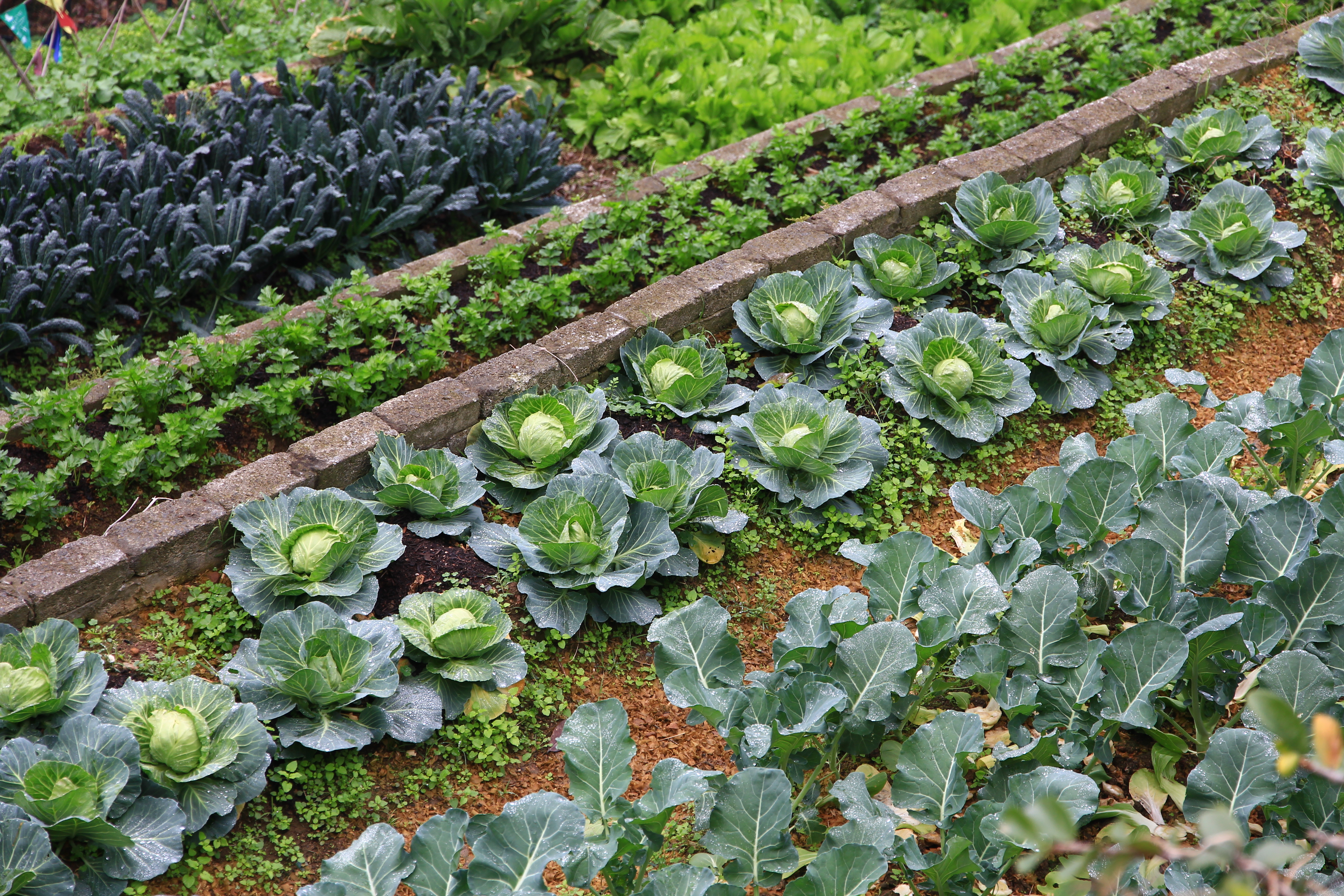On our never ending quest to live healthier, greener, and overall eco-friendlier lives, the language of the current health industry can get a little intimidating and muddled. With new diets popping up what seems like on the daily, new articles and research revealing the true contents of our food, and wellness blogs and Instagram’s giving us an inside look at how those who we admire stay fit, happy and healthy, it’s safe to say that there is an overwhelming amount of information out there. Especially when it comes to food. While eating organic used to be a thing for hippies and Hollywood hot-shots, this term now carries a new kind of weight among the general public, and is widely considered to be a more health conscious and environmentally conscious way of eating. But what is organic really? And is it always sustainable? Let’s find out.
To give a quick definition, organic food is the product of a farming system which avoids the use of man-made fertilizers and pesticides, and without the use of genetically modified organisms (GMOs) used to enhance produce size and color. One common reason people claim organic options are overall better is because, in some cases, the absence of pesticides and fertilizers means that the nutritional value of the produce in question remains fully intact, as opposed to certain nutrients in genetically modified produce which may be killed off by the chemicals.
Now let’s take a look at the question of sustainability. Here we give you a very brief overview of what we mean in regards to environmental sustainability: Environmental sustainability is the rates of renewable resource harvest, pollution creation and non-renewable resource depletion that can be found indefinitely. If they cannot be continued indefinitely, they are not sustainable. In short, this means that sustainable agriculture is the production of food, plant or animal products using farming techniques that protect the environment, public health, and human/animal welfare. Sustainable farming typically enables us to produce healthy food without compromising the future generations ability of doing so.
From these two brief explanations of what exactly “organic” and “sustainable” mean in their own right, it’s safe to say that the mainstream media often confuses the two and promotes them as one in the same, insinuating (wrongfully so) that buying organic food is always the eco-friendlier, sustainable way of shopping.
While we do encourage organic shopping when possible and when in budget, there seems to be a major, unknowing, lack of consideration of sustainable shopping. Though it may require just a little more research on your part, one of the best things you can do for the future of the planet, and to make sure you are living as waste-free and green as possible is to investigate the brands you choose to buy from. From food, to clothing, there is often little known about the actual practices and conditions big name brands are taking to ensure a greener tomorrow. So hop online and look for eco-conscious brands with a purpose and a deep passion behind their products.
 Food
Food Farmers
Farmers Sustainable Living
Sustainable Living Living Planet
Living Planet News
News